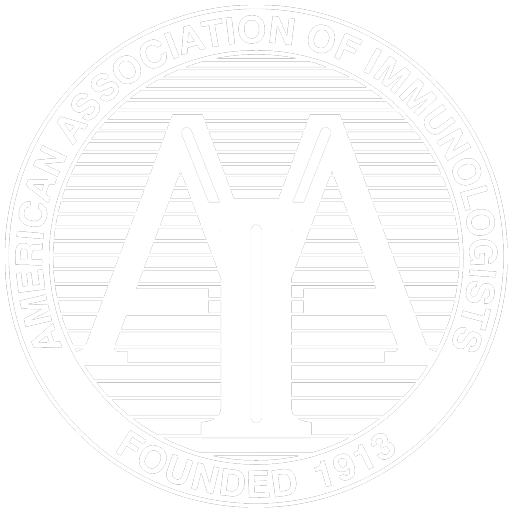We are seeking a highly motivated and ambitious postdoctoral fellow to join the group of Dr. Giedre Krenciute. The lab is located in the Department of Bone Marrow Transplantation and Cellular Therapy at St. Jude Children’s Research Hospital in Memphis, TN. Our lab is working on highly translational immunology research, with the focus on brain tumors. We use genetically engineered human or murine T cells to design novel, long-lasting and safe therapeutic approaches for pediatric brain tumors.
Major projects include:
- Designing, generating and optimizing chimeric antigen receptors (CARs) specific for pediatric brain tumors.
- Enhancing CAR T cell effector function and longevity using different genetic manipulations
- Studying brain tumor microenvironment and its effect on CAR T cell function
For representative publications, please see:
Haydar D, Houke H, Chiang J, Yi Z, Odé Z, Caldwell K, Zhu X, Mercer KS, Stripay JL, Shaw TI, Vogel P, DeRenzo C, Baker SJ, Roussel MF, Gottschalk S, Krenciute G. Cell surface antigen profiling of pediatric brain tumors: B7-H3 is consistently expressed and can be targeted via local or systemic CAR T-cell delivery. Neuro Oncol. 2020
Prinzing B, Schreiner P, Bell M, Fan Y, Krenciute G*, Gottschalk S*. MyD88/CD40 signaling retains CAR T cells in a less differentiated state. JCI Insight. 2020. *co-senior authors
Odé Z, Condori J, Peterson N, Zhou S, Krenciute G. CRISPR-Mediated Non-Viral Site-Specific Gene Integration and Expression in T Cells: Protocol and Application for T-Cell Therapy. Cancers (Basel). 2020
Yi Z, Brooke LP, Cao F, Gottschalk S, Krenciute G. Optimizing EphA2-CAR T cells for the Adoptive Immunotherapy of Glioma. Molecular Therapy – Methods & Clinical Development. 2018
Krenciute G, Prinzing BL, Yi Z, Wu MF, Liu H, Dotti G, Balyasnikova IV, Gottschalk S. Transgenic expression of IL15 improves antiglioma activity of IL13Ralpha2-CAR T cells but results in antigen-loss variants. Cancer Immunol Res. 2017
In addition to a Ph.D., the candidate should have expertise in the following techniques (all highly preferred but not required):
- Molecular biology techniques (DNA related work (propagation in bacteria, isolation, PCR), RNA related work (isolation, qPCR), WB, CRISPR)
- Cloning (ligation cloning, any iteration of Gibson Assembly (InFusion, NEBuilder, etc)) and plasmid design using SnapGene (or equivalent software)
- Tissue culture (tumor and immune cells)
- Flow cytometry
- Transfection, transduction and transformation.
- Immunology methods (cytokine detection by ELISAs and/or flow, immune cell isolation from animals, etc)
- Animal work
Training in brain tumor biology, immunology and/or CAR T cell biology is highly advantageous but not necessary.
Fluency in English is essential. Candidates should have the ability to work independently as well as in a collaborative research team and have a strong desire to make a major contribution to the field of CAR T cell biology. The fellow will benefit from the outstanding research facilities and the highly collaborative St. Jude community. In addition, the fellow will interact and work with the leaders in basic and translational immunology and brain tumor biology research within and outside the institution.
For more information, contact Enolia Marr at postdoc@stjude.org.
